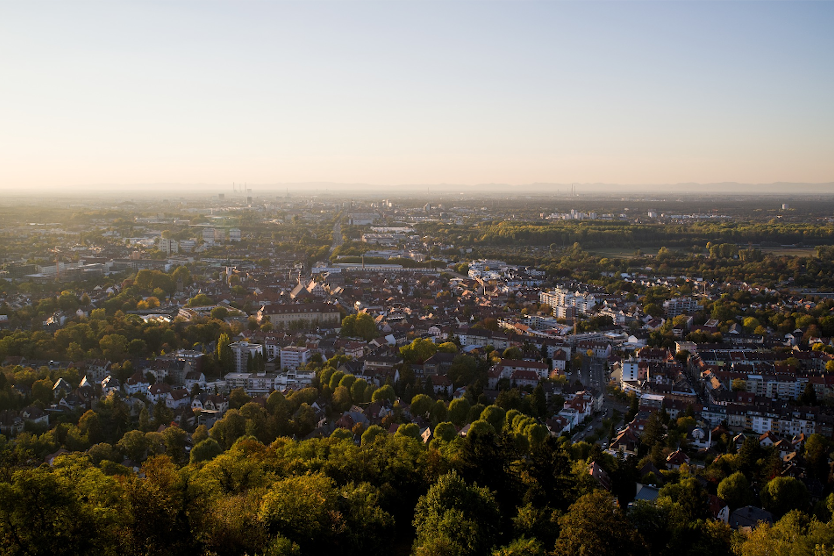
IW³ seeks to demonstrate solutions for a fully sustainable, secure and affordable heat and power supply based upon renewable energy sources in urban areas.
© Pixabay
The share of renewables is gradually increasing in Europe’s energy supply, but many areas still lack the technical infrastructure and know-how to make wind and solar energy work cost-efficiently. The RENergetic project, which has been funded with EUR 6 million for 3.5 years through the EU’s Horizon 2020 funding programme, hopes to redress this issue.
The University of Mannheim, Baden-Württemberg, has received a EUR 826,000 share to manage the project which will create renewable energy bubbles for the cities of Poznan (Poland), Segrate (Italy) and Ghent (Belgium). The goal is to accelerate energy turnaround in other EU countries through pilot projects and by convincing the local populations of the benefits of being energy self-sufficient.
“Our aim is to give people back much of the control over their energy and electricity consumption, in the hope that this will accelerate the energy turnaround. Our pilot projects show how this can be achieved,” explains Sonja Klingert, who heads up the project at the university, in a press release.
In Ghent, an urban district called “New Docs” near to the port will be made 100 percent energy self-sufficient (i.e. all the energy consumed will have been produced in the region from renewable sources). Meanwhile in Poznan, university buildings and student residences are to be heated with the waste heat from the computer centre. And a hospital in Segrate will be switching to using a green electric mobility service for patients, staff and the local population.
Central to RENergetic’s aim is to increase acceptance of renewable energies and knowledge about energy conservation. To this end the Consumer Psychology department of Mannheim university has been engaged to create a consumer engagement strategy.


